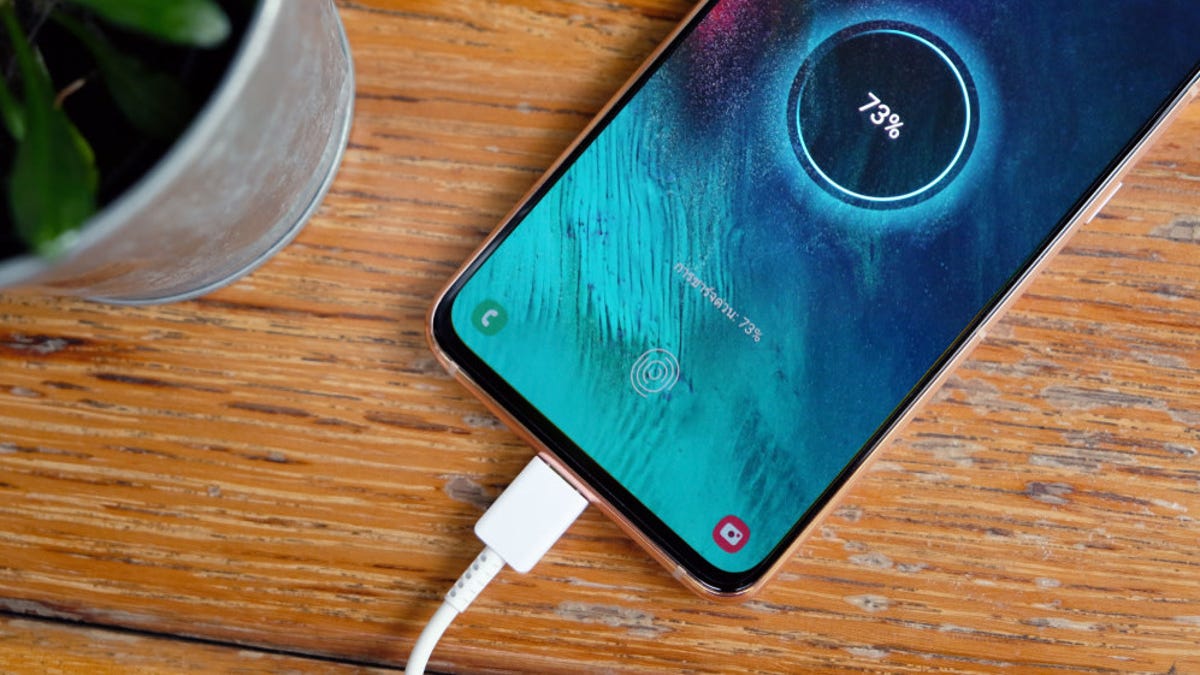Why Your USB Cable Might Not Charge Your Android Smartphone - 4 minutes read
 Why Your USB Cable Might Not Charge Your Android Smartphone
Why Your USB Cable Might Not Charge Your Android SmartphoneA cable is a cable is a cable, right? Not quite. While there shouldn’tbe any difference from one USB cable over another—it’s mostly the protective covering around the cable and a bunch of marketing—some have found that their Pixel 4 smartphones get fussy depending on which USB cable you’re using to charge them. Pick the wrong cable, and you might find yourself with a paperweight instead of a fully charged device when you wake up to start your day.
Android Authority spent some time connecting the Pixel 4 to various chargers and cables, and here’s what (little) they were able to find out:
“Google’s Pixel series relies on USB Power Delivery (PD) as the primary charging technology. This is the technology you’ll find on Google’s chargers. It works wonderfully, clocking in at around 15W. The Pixel 4 charges just fine with other chargers that support USB Power Delivery over USB-C to USB-C connectors, including older Pixel chargers and third-party USB PD products. So, USB-C to USB-C works just fine. However, I simply couldn’t get the Pixel 4 to charge with other USB-A chargers at first. Quick Charge ports, USB BC 1.2 power banks, and even standard USB ports on my PC and laptop wouldn’t work. It was only when swapping out to another cable that I was able to get the Pixel 4 to connect to these devices. However, every other phone I tested, including the Google Pixel 3 and Pixel 3a, works just fine with this same cable.”
Senior features editor Robert Triggs ended up testing 18 different USB cables with his Pixel 4, and it seems like he struggled to make 5A cables work with his device. That’s “five amps,” or the maximum current allowed by USB-PD these fancier cables (with purple-colored connectors) can allegedly support. The strange thing? These cables seem to be able to charge other smartphones, just not the Pixel 4.
As for why this is the case, Triggs speculates the following:
“What we do know is that some USB-C to USB-A cables didn’t (and perhaps still don’t) provide the correct 56kΩ pull-up resistor used to correctly identify legacy devices. Google may now be blocking charging with cables that don’t conform to this specification. That would be a handy safety feature, although I have never had any issues with these cables I’ve been using for years.”
I haven’t experienced this issue with the various cables I use to charge my Pixels. However, I have noticed that my USB-C Chromebook charger refuses to supply power to my MacBook Pro (or the latter refuses to accept it), even though the MacBook Pro’s USB-C charger charges my Chromebook without issue. (I assumed my Chromebook was broken until I realized the issue and switched to its own charger.)
Here’s my advice to you: When you’re charging your devices, take a second to confirm they are actually charging. And when you can, check in on them. If they seem to be charging incredibly slowly, consider swapping to a different USB cable or adapter to see if that’s any better.
This is the most basic form of troubleshooting you can do, but it’s something that a lot of people (myself included) don’t think much about. We tend to be quick to assume there’s an issue with the device being charged, rather than that which you’re using to charge it. Try different combinations of cables and adapters, and that might be all the troubleshooting you need when you’re staring at something that simply won’t turn on.
Source: Lifehacker.com
Powered by NewsAPI.org
Keywords:
USB • Android (operating system) • Smartphone • USB • Pixel • Smartphone • USB • Paperweight • Android (operating system) • Pixel • Battery charger • Google • Pixel • USB • Google • Pixel • USB • USB-C • USB-C • Electrical connector • Pixel • Battery charger • USB • USB-C • USB-C • Pixel • Computer port (hardware) • USB • Electric power • Technical standard • USB • Computer port (hardware) • Personal computer • Laptop • Cable • Mobile device • Mobile phone • Google Pixel • Cable • USB • Pixel • Computer • Ampere • Electric current • USB • Cable • Electrical connector • Smartphone • Pixel • Computer case • USB-C • Pull-up resistor • Peripheral • Google • Pixel • USB-C • Chromebook • Battery charger • Electric power • MacBook Pro • MacBook Pro • USB-C • Chromebook • Chromebook • Battery charger • Peripheral • USB •